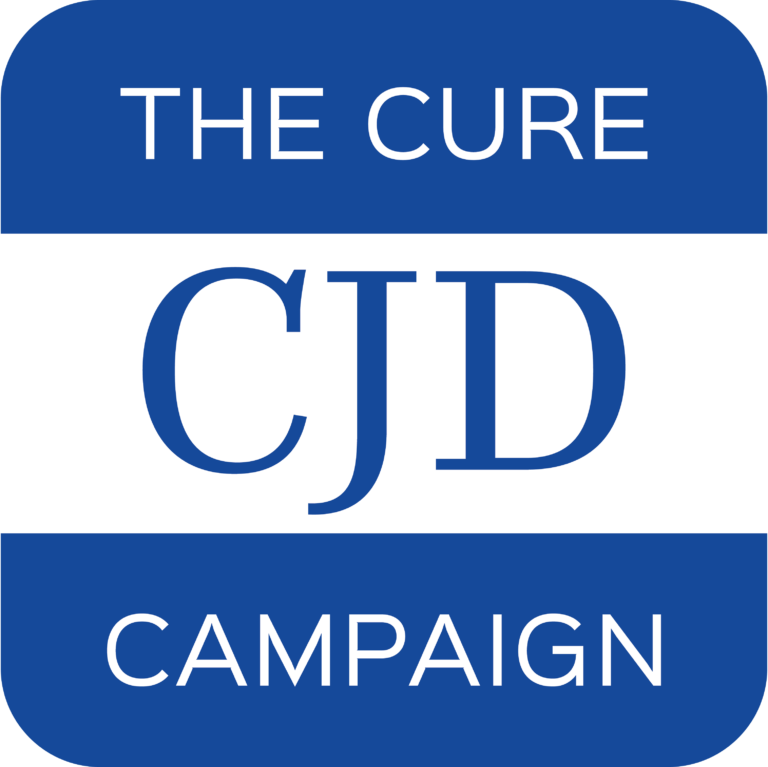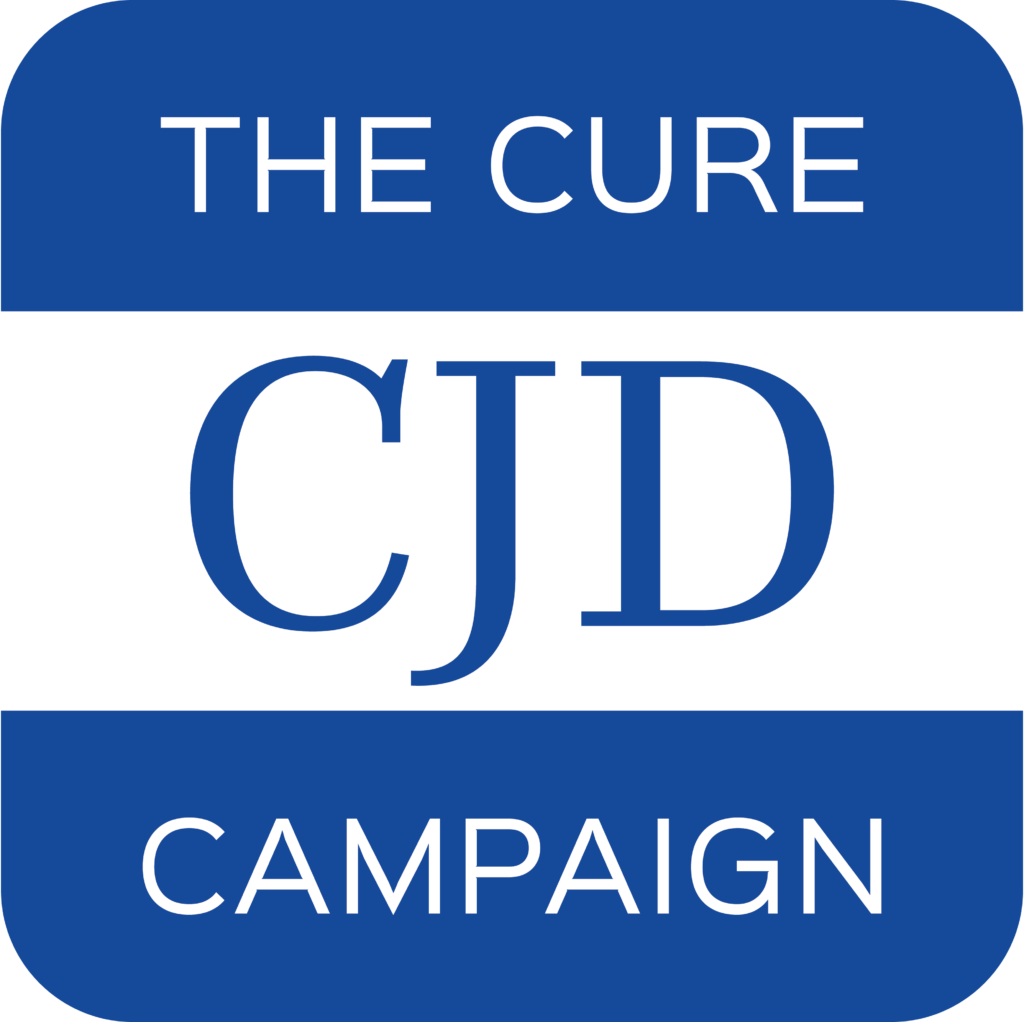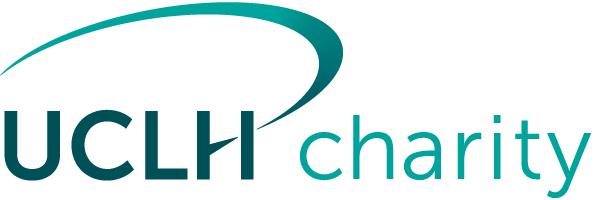The BBC Programme served as a timely reminder of the Bovine Spongiform Encephalopathy (BSE) outbreak, the associated variant Creutzfeldt-Jakob Disease (vCJD) diagnosed in over 170 people in the UK, and the tragic loss of so many lives to the disease. The programme focused purely on variant CJD – triggered by human consumption of BSE infected meat.
There have been no recorded cases of vCJD in the UK since 2016. Other forms of prion disease include sporadic and acquired forms of CJD and inherited prion diseases. All are invariably fatal.
As a result of the vCJD outbreak the Medical Research Council (MRC) Prion Unit was established in 1998 and a vast amount of research has taken place both there in London and in the National CJD Surveillance Unit in Edinburgh.



